When our nation’s chief law officer, Christian Porter, made his emphatic statement, “it did not happen,” over an allegation that he’d raped a 16-year-old girl in 1988, the government was likely hoping this would put an end to a feverish news cycle. That the world would move on and the anger would dissipate. It has not, for a lot of people.
What a week it’s been. Late on Friday afternoon, just eight short days ago, the news broke that one of our cabinet ministers had been accused of an historic, violent, sexual assault. We didn’t have names, but one detail stood out amid all the horror of the story: the woman at the centre of the allegation had taken her life last June.
When I heard this, I curled on the couch and wept. For that poor woman. For the men who do these things to women. For the system which feels so weighted against those who speak out. For the gruelling endlessness of the story of an entitled male allegedly taking advantage of a female in the cruellest and most humiliating of ways. Here we go again, and hot on the heels of the Brittany Higgins rape allegation no less.
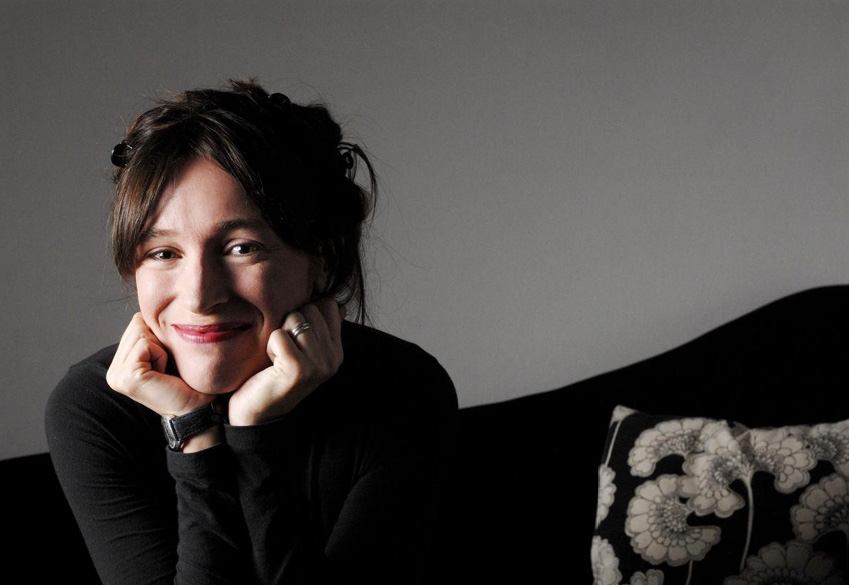

After fervid days of speculation over identity – one of the most extraordinary periods I’ve witnessed in Australia’s political life – we were at last given a date and time for the big reveal. Wednesday afternoon. Approaching 3pm eastern time my heart was pounding. I felt sweaty, agitated, queasy. Bracing myself for denial, a diminishing of women’s truths; bracing myself for a man not quite seeing us, not understanding us. It is a stance women face all our lives. Flattening us, reducing us. I could hardly bear to watch but had to.
“It did not happen,” was the vehement takeaway from Christian Porter’s carefully worded press conference. What did I see? A man who had not actually read the detailed allegations relating to him. A man who had the full support of the Prime Minister. A government who was drawing a line under this matter; this would be the end of it, it would go no further.
What did I see? A man who had not actually read the detailed allegations relating to him.
Afterwards I heard male commentators in the media talk of how Porter seemed “genuine.” He was an accused man who denied the crime, and he had cried. For them, that resonated as truth. I thought of how gendered reaction to this episode seemed; how most men are automatically believed when it comes to sex crimes and most women are not. And I also thought, I still want an inquiry here. It may well clear any lingering doubts over Porter, it may well clear his name. I do want this to go further. This does not feel like the end of it to me.
This week has been historical in many ways but for one reason, I suspect, the government hasn’t quite grasped. The depth of the anger, still. This situation has not been shut down. The wounds are deep, the triggering immense, the community fragile.
Rage is still seething among so many women (and men). It will not dissipate quite in the way the Coalition hopes as new media cycles take over. A lot of women will remember this extraordinary week come ballot time. They feel spring-loaded with anger. Because we’ve had enough. There’s great power in women’s anger and we’ve been culturally conditioned to suppress it – but this situation feels like tinder to the flame.
We’ve had enough. There’s great power in women’s anger, and we’ve been culturally conditioned to suppress it – but this situation feels like tinder to the flame.
From the depths of my being, I for one am rage.
For the poor woman who took her life in June last year, I am rage.
For all the women among us who’ve been sexually invaded without their consent and carry within them a Post Traumatic Stress Disorder that may burden them for the length of their lives, I am rage.
For all the women who’ve been taught to be silent from schooldays onwards – who’ve been conditioned to excuse dubious and sometimes criminal male behaviour, and hide their own, very real pain – I am rage. For the perpetrators of rape who rely on female silence to get away with their crimes, and quite often repeat them, I am rage.
For the perpetrators of rape who rely on female silence to get away with their crimes, I am rage.
For the rape culture enabled by a patriarchal club that keeps women in their place – a quieter, lesser, subservient place – I am rage.
For those who do not realise that it’s an ongoing and exhausting issue for women to gain the safety and respect they deserve, I am rage.
For the betrayal of all the good men out there by the odious and insecure few, I am rage; because rape ultimately is about insecurity. And power. And misogyny. And control.
For the problematic issue of representation in our parliaments, where we have far too few women representing 50 percent of our population, I am rage.
For the victims told to just “get over it,” I am rage.
For the men in our midst who commit sex crimes yet not only face no consequences for their actions but rise, and endure, and flourish, I am rage. Society protects dangerous men among us; it sometimes elevates them unimpeded. Imagine seeing your abuser scale the heights of success while you founder with the burden of carrying what he did to you.
For the men in our midst who commit sex crimes yet not only face no consequences for their actions but rise, and endure, and flourish, I am rage.
For the people who keep telling women to stop taking risks, to change how we dress and how we make ourselves attractive and how we enjoy ourselves and just be more personally responsible, I am rage. Women get raped when walking home from work. When opening their front doors. At their workspaces. In their bedrooms. At parties surrounded by people they know. It’s men who need to change. Who need to control their actions. Who need to be personally responsible.
For the fact women are told that anger makes us shrill, hysterical, unattractive, I am rage. We are told not to be angry as a way of controlling us. Managing us. Silencing us. I get it all the time in comments about my columns in the Weekend Australian magazine; women commentators disproportionally do. Yet I will not be silent, will not stop the difficult questions. As writer Elie Wiesel said: “Always take sides. Neutrality helps the oppressor, never the victim. Silence encourages the tormenter never the tormented.”
For the unfairness and inequality at the heart of all this, I am rage.
When the news broke on that Friday afternoon about the 16-year-old bright star of debating who’d allegedly been raped in 1988, I wept. For her, and her blighted life. Her story brings up so many things many of us women have buried. So many instances of reduction, flinching, cruelty, shame, trauma.
My nine-year-old son was bewildered at the sight of his mum sobbing. He put his arms gently around me, and held me, in tenderness and compassion. He was sad because mummy was sad; that’s all he knew.
Boys like this feel like the future. A good future. I have great hope in these new males of our world; these young shoots coming up strong. Have hope that they’ll be different to the toxic adult men in our midst, the liars, the bullies, the insecure, entitled misogynists. I have hope that these new men will get it. That they’ll learn not to respect the cowardly men among us, not to raise them high.
Anger changes the world – for the better. This is a watershed moment. The rage is real, and still seething. It is seamed like an underground river right through so many women, it is ancient and restless and generational. I carry my mother’s rage at her treatment by men, I carry my grandmother’s. This rage unleashed by these past few, traumatic weeks in parliament house is potent. It is focussed. It is dangerous. And I am not the only one.
Nikki Gemmell has a new novel, an historical thriller called The Ripping Tree, out next month. Dissolve, a non fiction meditation on love, creativity and male power, is being published in September.
Want more articles like this? Sign up to PRIMER’s weekly newsletter here




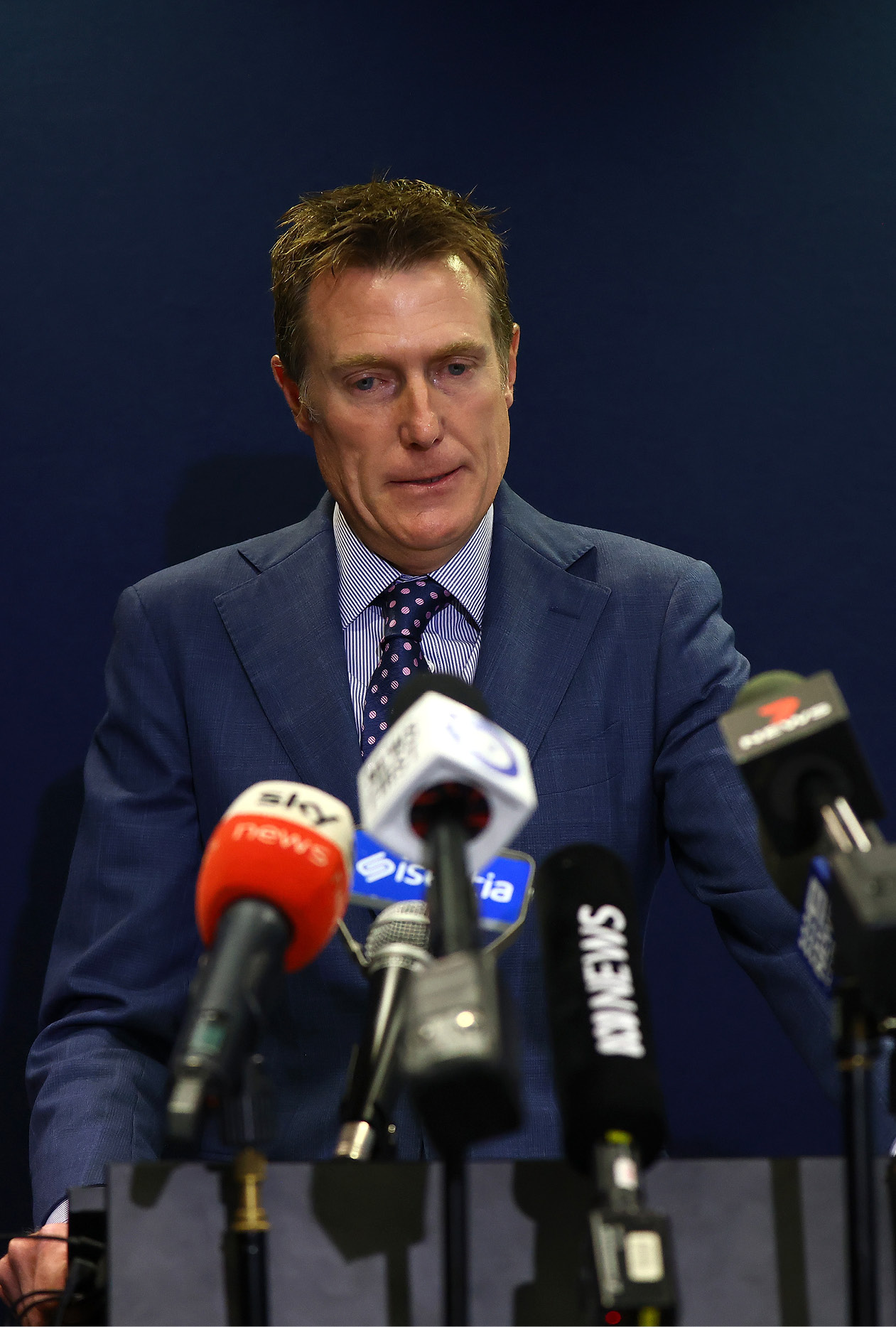
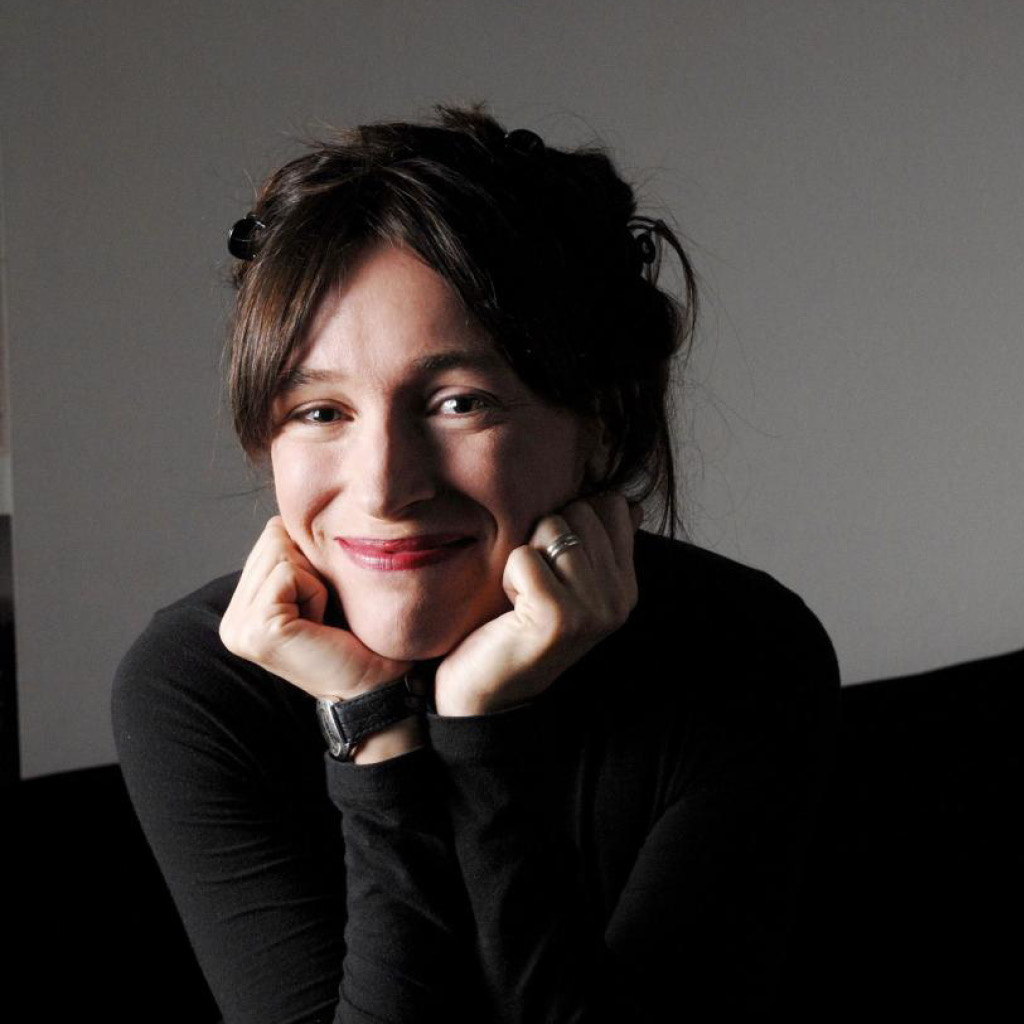


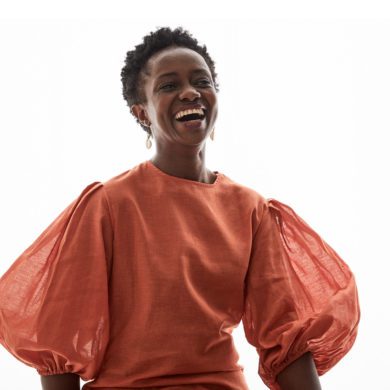
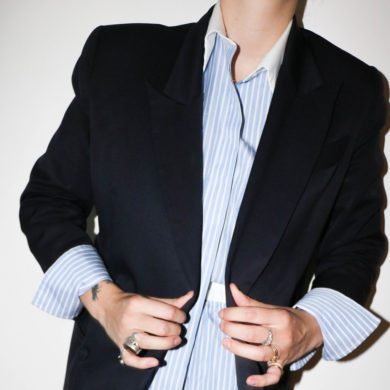
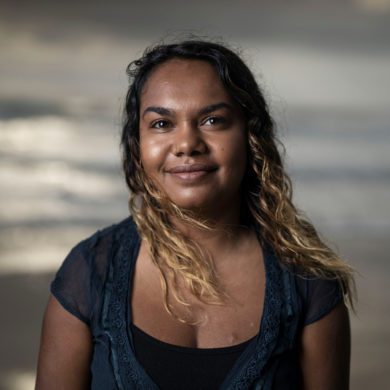



5 Comments